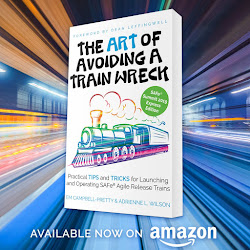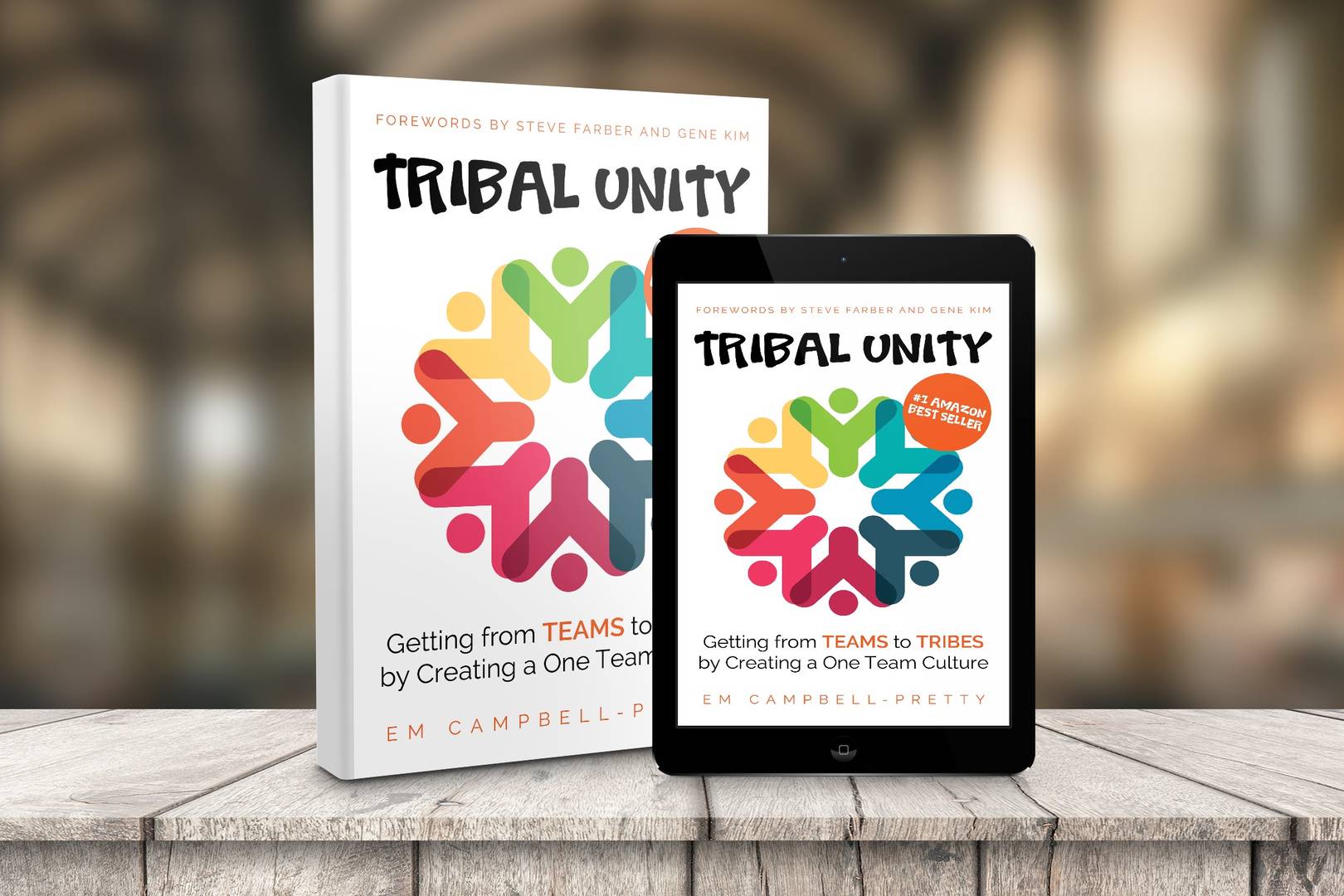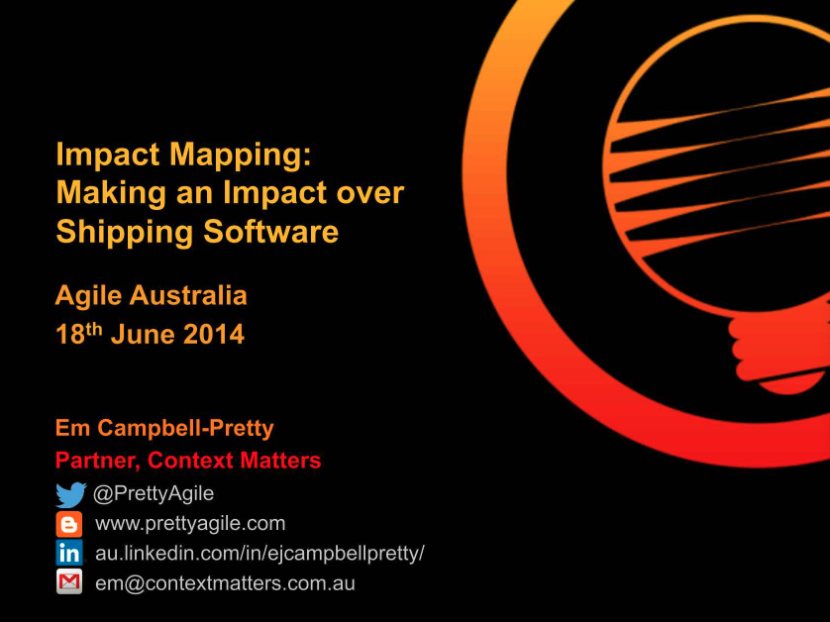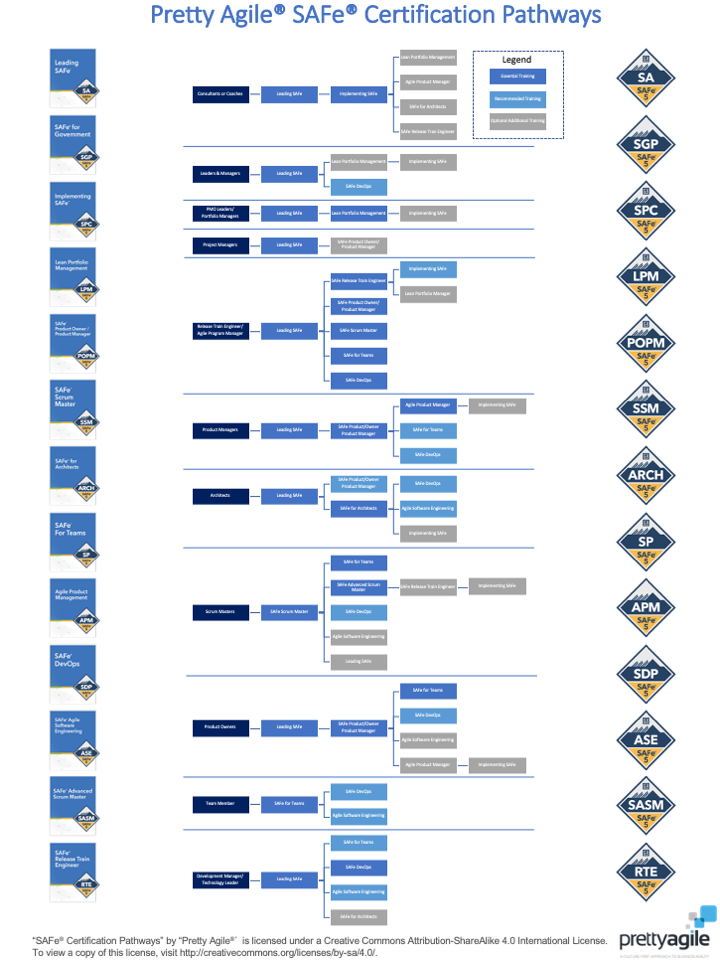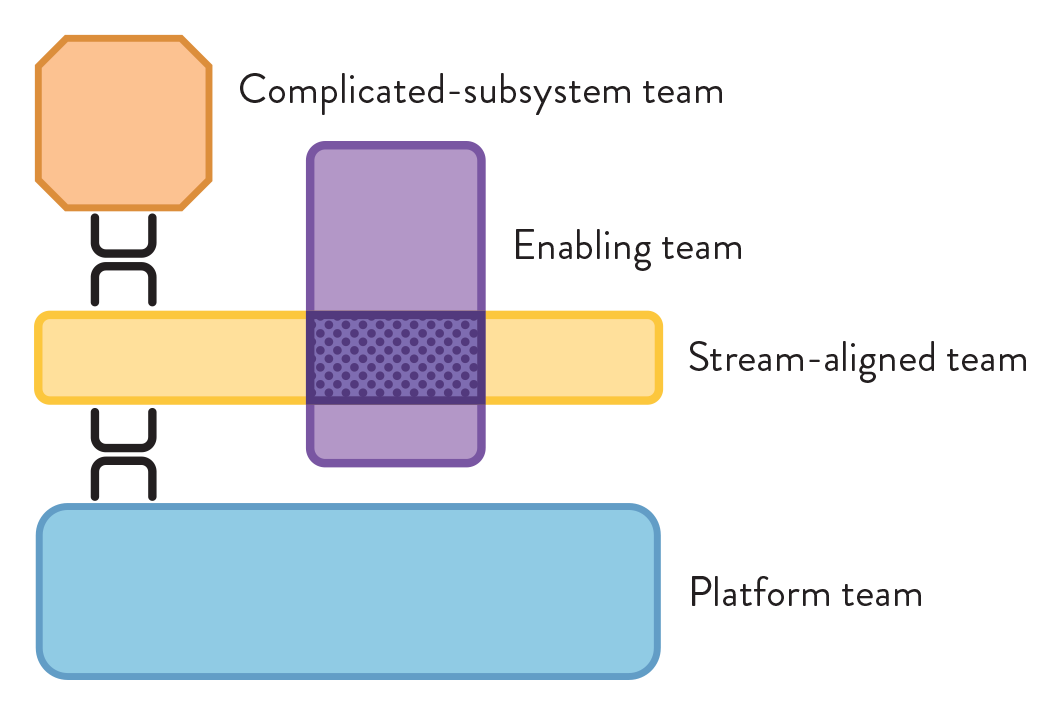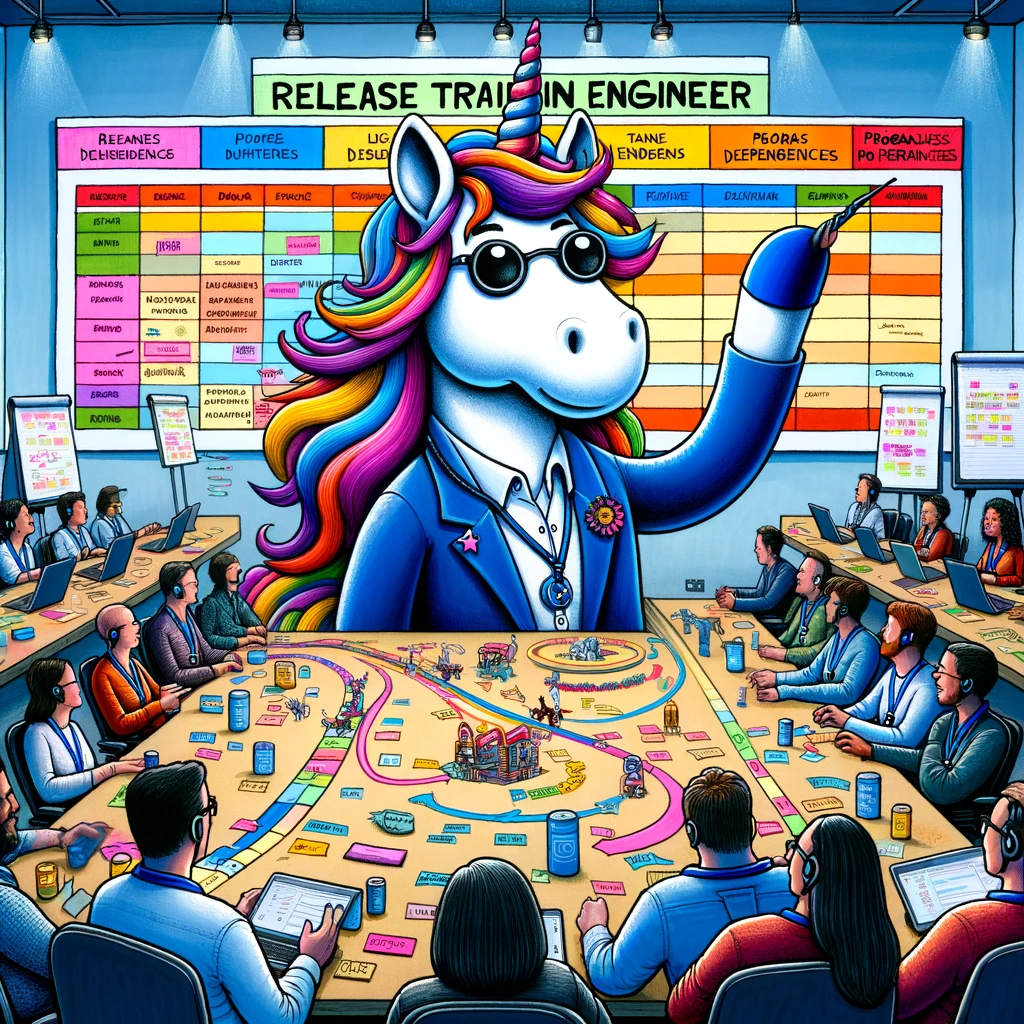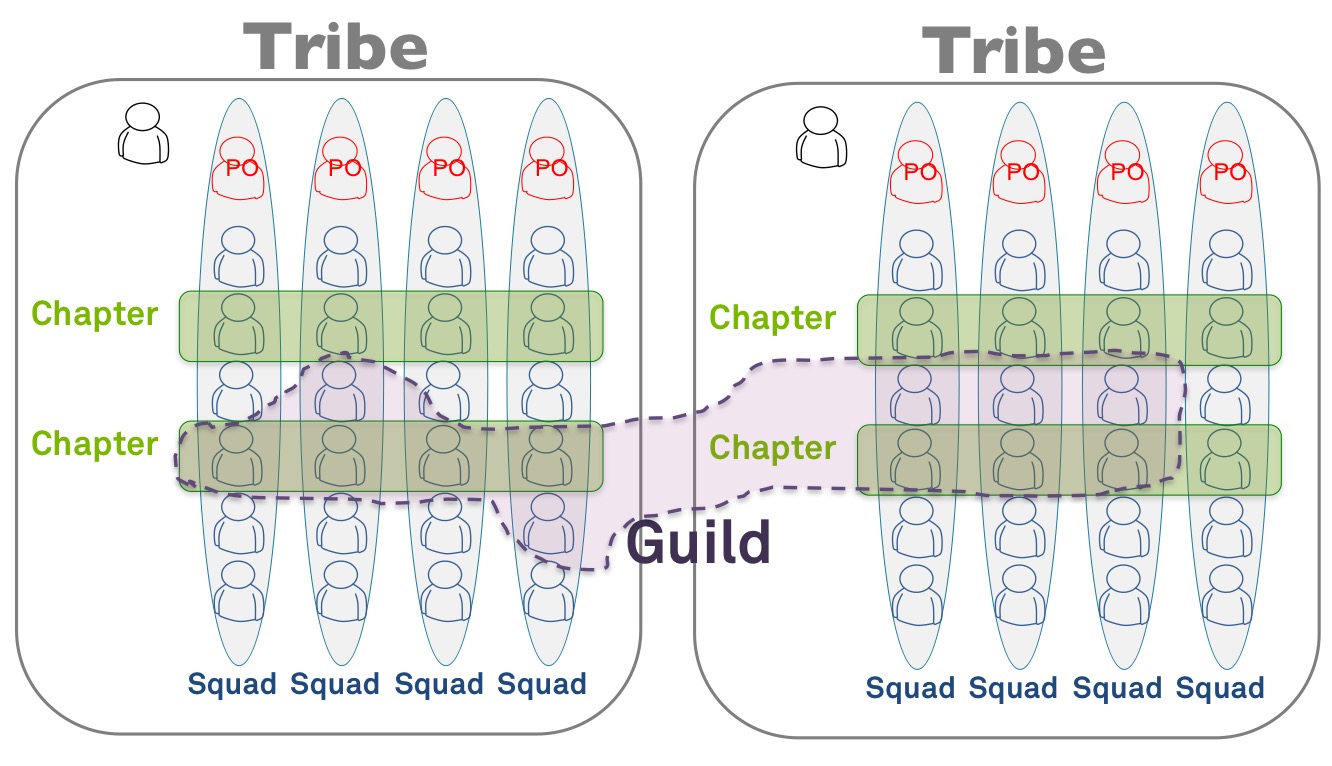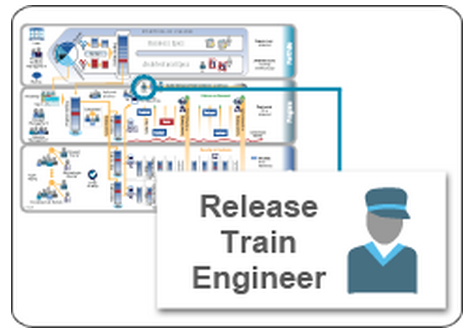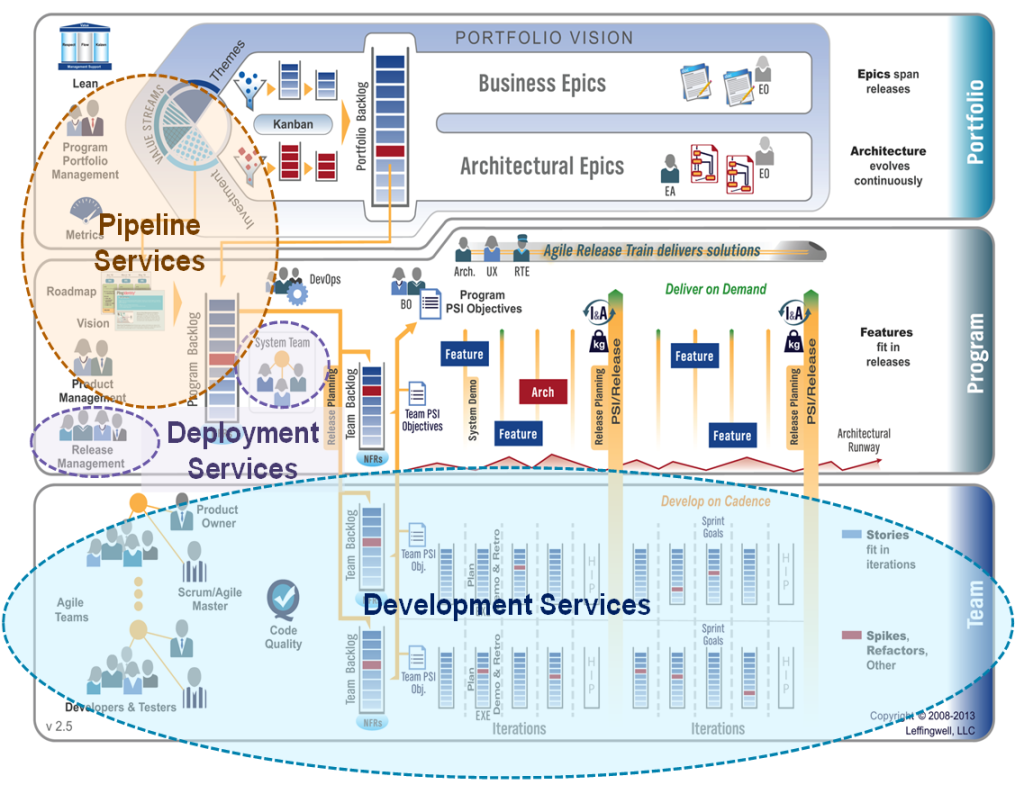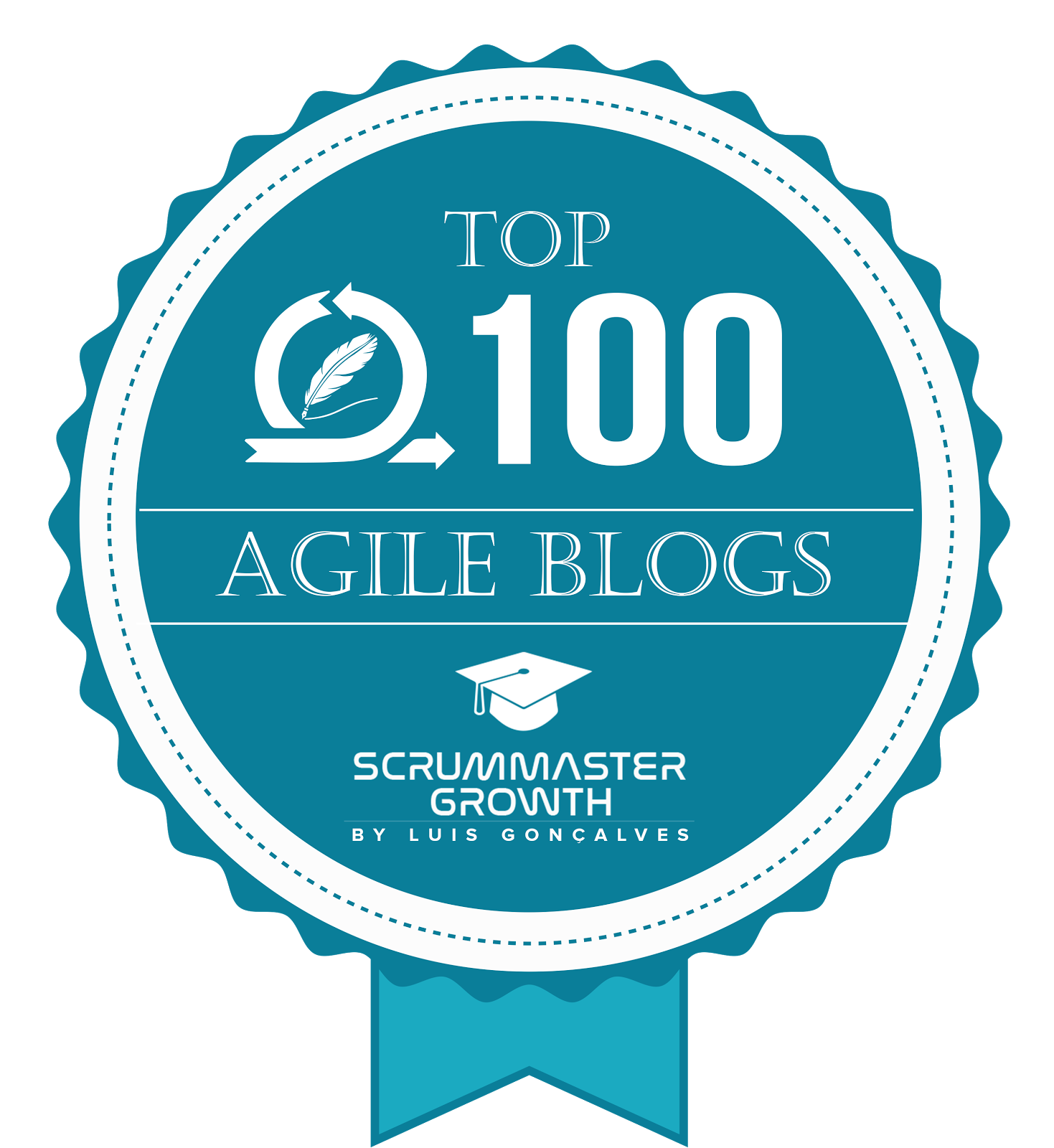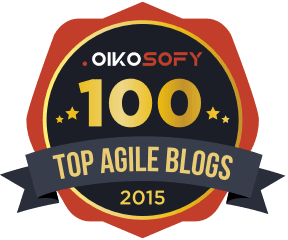- AI-Native Training
- SAFe Training
- Choose a Course
- Public Training Schedule
- SAFe Certifications
- Leading SAFe
- SAFe Scrum Master
- SAFe Product Owner/Product Manager
- SAFe Lean Portfolio Management
- SAFe Release Train Engineer
- Implementing SAFe
- Advanced SAFe Practice Consultant
- Advanced Scrum Master
- SAFe for Architects
- SAFe for Hardware
- SAFe for Teams
- Agile Product Management
- SAFe DevOps
- SAFe Agile Software Engineering
- Leading SAFe for Government
- SAFe Micro-credentials
- Agile HR Training
My key takeaways from Scrum Australia
When first invited to Scrum Australia I was dubious, but as I always say, "nothing ventured nothing gained", so I thanked Martin Kearns for the invite and booked my trip to Sydney!
For me, Kenny Rubin stole the show. Given I am SAFe Practice Consultant, Kenny's views on Economically Sensible Scrum and Strategies for Portfolio Management really resonated with me. Kenny opened with a story about an understaffed restaurant that seated more customers than it could comfortably serve. Customers waited hours for service and everyone who ate in that restaurant that day had a poor experience. He positioned the economically sensible alternative would have been for the restaurant to limit the number of customers it accepts to the number it can comfortably serve. The result, some customers may get turned away, but the customers who do eat at the restaurant that day walk away with a positive customer service experience.
Takeaway #1: Accepting more work than you can deliver, results in a less than optimal customer experience
Takeaway #1: Accepting more work than you can deliver, results in a less than optimal customer experience
The second of Kenny's messages that struck a chord was "Focus on idle work, not idle workers". Again he used a simple analogy, this time using a 4 x 100m baton relay, pointing out that you don't win the gold medal by keeping the runners busy, you win the race by being first to cross the finish line with the baton.
Takeaway #2: Watch the baton not the runners
An unexpected highlight for me was "Usability Testing in Scrum Environments" by Matthew Hodgson. Working in the Business Intelligence and Data Warehousing domain, I find we don't think about UX very much. Matthew's presentation got me thinking this might be a lost opportunity for us. My highlight from this session was Matthew's approach to outcome-based usability testing. He walked the audience through his approach which included:
- a 20-minute time box
- at the users' regular workplace (so you can see how real-world distractions impact usability)
- ask the user "can you achieve this outcome"
- do not watch the users (as this will impact how they work)
- video the test and encourage the user to talk through their thought process as they work (their self-talk will highlight the challenges)
- then watch the video with the user to better understand their experience
Matthew also suggested that a Minimal Usable Product was a better approach than Minimal Viable Product.
Takeaway #3: To understand the usability of the solution, have the users do outcome-based testing in their regular working environment
Another highlight was "Beyond Software - Taking Scrum to Business" by Dimitri Spyridopoulos (Glintech) & Chris Mountford (Atlassian). I really liked the pragmatic approach Dimitri and Chris advocated when it came to applying scrum outside traditional software development. The guys gave a number of practical tips and tricks, but it was Chris's story about the use of Big Visible Charts that was the most memorable for me, He told the audience about a project where a simple picture of the system of work in the team space helped senior managers understand how the environment impacts delivery - a great way to move the focus from the runners to the baton!
Takeaway #4: Visualising the system of work to focus management attention on the deficiencies with the system.
While I have only covered a handful of speakers here, I would also like to shout out to some of the other presenters I had the privilege to hear from:
- Adrian Fittolani for his presentation on "Charting Scrum,"
- Bernd Schiffer for "Inspire Management"; and,
- eBay's Daniel Gu for "Scrumming with the World's Largest Data Warehouse"
- SMS's Martin Kearns on "Systemic Scrum - the lifeline of organisations"
In closing, I would like to congratulate the organisers on a great inaugural event. Something tells me they will be needing a bigger venue next year!


